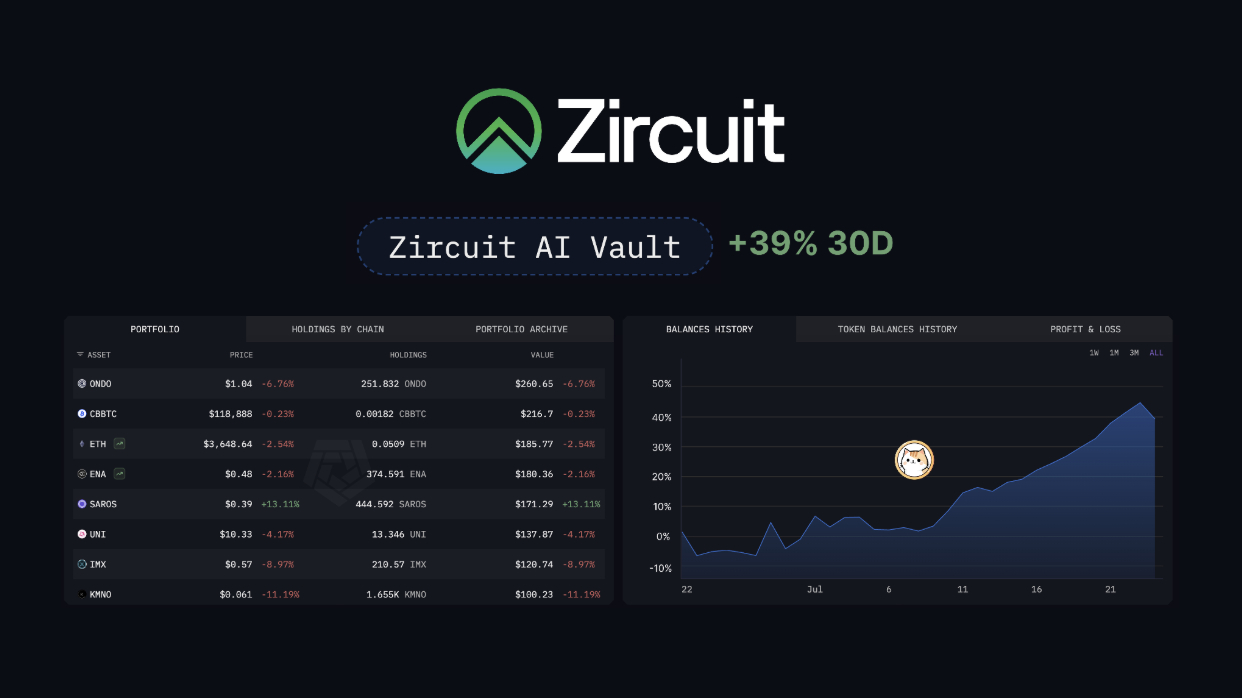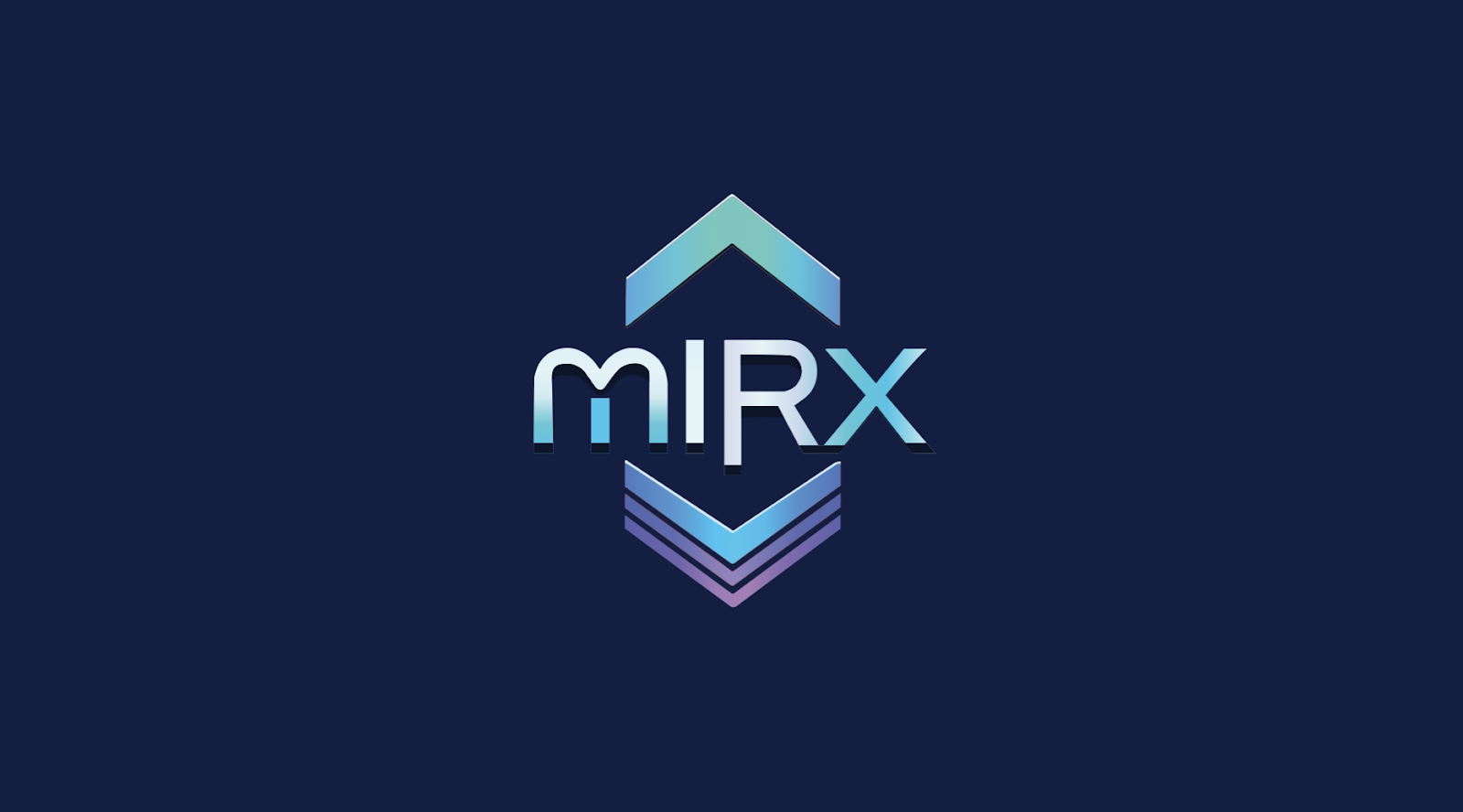The world of crypto trading is on the brink of a revolutionary transformation, thanks to advancements in blockchain technology.
As traders and investors seek more efficient, secure, and accessible platforms, this technology offers solutions that promise to reshape the landscape of digital finance.
From decentralization and faster transactions to the potential for automation and increased transparency, the benefits of blockchain are vast.
Challenges such as volatility, regulatory hurdles, and market manipulation remain.
Explore how these elements will define the future of crypto trading.

Exploring the Future of Crypto Trading with Blockchain Technology
The future of cryptocurrency trading is being significantly influenced by blockchain technology, which serves as the foundation for decentralised financial systems. This technology facilitates secure, transparent, and immutable transactions involving digital assets. As cryptocurrencies such as Bitcoin and Ethereum gain prominence, the critical role of blockchain as a consensus algorithm becomes increasingly clear.
This advancement not only provides a solid foundation for trading platforms like One Trading but also introduces new asset classes, including stablecoins and non-fungible tokens (NFTs), thereby broadening the scope of digital currency. The transformation of the trading experience is poised to have a profound impact on financial institutions, consumers, and market trends, paving the way for innovative financial services and solutions.
Blockchain technology enables direct peer-to-peer transactions without the need for intermediaries, thereby minimising the risk of fraud and enhancing overall trading efficiency. Transparency emerges as a key advantage, as every transaction is meticulously recorded on an immutable ledger, allowing participants to easily verify and audit activities. This increased level of confidence can lead to greater market participation, fostering new trends and investment strategies.
Protocols introduced by projects such as Bitcoin and Ethereum exemplify how the principles of decentralisation can disrupt traditional finance, granting individuals access to lending, borrowing, and trading practices that were previously confined to conventional banking institutions. As this technology continues to develop, its implications have the potential to reshape not only cryptocurrency trading but also the broader global economic landscape.
1. Decentralization of Trading
The decentralisation of trading through blockchain technology enables users to engage in peer-to-peer transactions without the necessity for intermediaries, fundamentally transforming the landscape of financial markets and crypto-assets.
This transition not only give the power tos individuals by granting them greater control over their assets, but it also enhances security by removing single points of failure that frequently afflict centralised platforms. Each transaction is recorded on a distributed ledger, rendering tampering nearly impossible and providing a transparent record that fosters trust among users.
The cost reductions associated with traditional trading platforms become evident, as the elimination of intermediaries results in lower fees and expedited transaction times. Within this evolving ecosystem, the importance of peer-to-peer interactions is paramount; they are essential in cultivating an inclusive trading environment where users from diverse backgrounds can actively participate and derive benefits.
2. Increased Security
The implementation of blockchain technology in cryptocurrency trading offers an unparalleled level of security through its immutable transaction ledger, which ensures that data privacy and integrity are consistently upheld.
In contrast to traditional financial systems, where centralised databases are susceptible to hacking and unauthorised access, blockchain operates on a decentralised network that distributes data across multiple nodes. This architecture means that even if one node is compromised, the others remain secure, thereby significantly diminishing the likelihood of a widespread data breach.
For instance, the Equifax data breach in 2017 exposed sensitive personal information of approximately 147 million individuals due to vulnerabilities in conventional security protocols. Conversely, the cryptographic features of blockchain, such as hashing and public-private key encryption, render unauthorised data alterations nearly impossible. This robust security framework not only enhances the protection of user data but also fosters greater confidence in cryptocurrency trading platforms.
3. Faster Transactions
Blockchain technology significantly enhances transaction speeds within the realm of digital currency, markedly reducing payment processing times in comparison to traditional banking systems.
This innovative approach give the power tos users to execute and settle trades almost instantaneously, achieving a level of efficiency that was previously unattainable. In contrast to conventional financial transactions, which may take several hours or even days due to the involvement of intermediaries, blockchain enables participants to engage in real-time trading experiences. This not only improves overall market fluidity but also attracts a wider array of investors who seek rapid access to their assets.
As the digital currency landscape continues to evolve, the speed advantages offered by blockchain technology become increasingly attractive, establishing it as a formidable alternative to outdated financial practices.
4. Lower Fees
One of the primary advantages of employing blockchain technology in cryptocurrency trading is the potential for reduced transaction fees. This reduction is made possible through the elimination of intermediaries such as banks and financial institutions.
The decrease in fees enhances accessibility for both novice and experienced traders, allowing them to participate in the market with a reduced financial burden. In contrast to traditional financial services, where brokerage fees and commissions can accumulate rapidly, many cryptocurrency trading platforms operate with significantly lower fee structures.
For example, while a conventional stockbroker may impose a fixed percentage charge per trade, numerous cryptocurrency exchanges provide tiered fee models or even zero-fee options for specific transactions.
This democratisation of trading not only creates opportunities for a broader audience but also fosters a more competitive environment among platforms, ultimately benefiting investors by minimising their costs and maximising their potential profits.
5. Global Accessibility
Blockchain technology significantly enhances global accessibility to cryptocurrency, enabling individuals worldwide to engage in the financial ecosystem irrespective of geographical barriers.
This remarkable capability has a profound impact on unbanked populations, who often lack access to traditional banking services due to various factors such as geographical isolation or bureaucratic obstacles. By utilising blockchain, these individuals can execute cross-border transactions with efficiency and security, thereby opening up avenues for trade and investment that were previously beyond their reach.
Emerging markets stand to gain substantially, as blockchain promotes financial inclusion by offering a decentralised alternative to conventional banking systems. This give the power toment of local entrepreneurs and small businesses allows them to access a global audience and thrive within the digital economy, ultimately contributing to economic growth and poverty alleviation.
6. Elimination of Middlemen
The elimination of intermediaries in cryptocurrency trading, facilitated by decentralised blockchain technology, give the power tos users to engage in peer-to-peer transactions directly. This advancement reduces costs and enhances efficiency.
This transformation fundamentally changes the trading landscape by enabling individuals to exercise complete control over their transactions, thereby significantly improving the user experience. With intermediary fees removed, users frequently benefit from more favourable pricing on trades, making market participation increasingly appealing.
The speed of transactions is also notably enhanced; users are able to initiate trades at their convenience without waiting for third parties to process their requests.
As a result, this direct engagement fosters a stronger sense of trust among participants, as transactions are conducted transparently and securely. This environment further encourages additional traders to enter the decentralised ecosystem.
7. Increased Transparency
Increased transparency in cryptocurrency trading is a defining characteristic of blockchain technology, as its decentralised transaction ledger enables all transactions to be publicly verifiable and accessible to users.
This level of openness not only promotes a sense of security among investors but also acts as a vital resource for regulators striving to ensure compliance and protect the market from malpractice. By possessing the capability to trace transactions and monitor practices in real time, both investors and regulatory authorities can identify and address irregularities before they develop into more significant issues.
Numerous case studies have demonstrated that enhanced transparency plays a critical role in combating fraud. For instance, companies that have implemented transparent reporting mechanisms have successfully built stronger consumer trust, ultimately resulting in increased investment and participation in the marketplace.
8. Smart Contracts
Smart contracts, utilising blockchain technology, are self-executing agreements with the terms of the contract encoded directly within the software, thereby facilitating automation and efficiency in cryptocurrency trading.
These advanced tools eliminate the necessity for intermediaries, significantly streamlining processes such as transactions and contract enforcement. By automating various functions, they enable faster execution times and reduce the likelihood of human errors, ultimately lowering operational costs for both businesses and users.
Smart contracts also enhance user confidence by providing transparency; all parties involved can verify the terms of the contract and the transactions on the blockchain, ensuring accountability. Their potential applications extend beyond trading, impacting sectors such as supply chain management, real estate, and healthcare, where trust and efficiency are essential.
This innovation paves the way for more secure and efficient decentralised ecosystems.
9. Potential for Automation
The potential for automation in cryptocurrency trading, facilitated by blockchain technology and smart contracts, offers a transformative approach to improving the trading experience and enhancing operational efficiencies.
By utilising advanced algorithms, traders can execute orders with remarkable speed, enabling them to take advantage of fleeting market opportunities that may be overlooked through manual processes. Automated trading systems also provide the capability to backtest strategies against historical data, thereby ensuring robust performance prior to actual implementation.
Moreover, automation extends to regulatory compliance, as automated systems can continuously monitor transactions and flag suspicious activities in real time. This significantly minimises the risk of human error. Such seamless integration not only improves accuracy but also enhances the reliability of trades, fostering a more confident trading environment.
10. Integration with Other Industries
The integration of blockchain technology with various industries, including healthcare and supply chain management, has the potential to transform processes and create new opportunities for cryptocurrency trading and digital currencies.
In the healthcare sector, for example, blockchain facilitates the secure management of patient records, allowing authorised professionals to access information seamlessly. This capability not only enhances patient care but also streamlines billing processes.
In the realm of supply chain management, the transparency afforded by blockchain technology significantly improves traceability, ensuring that products are both authentic and ethically sourced. These advancements contribute to enhanced operational efficiency while fostering greater trust among consumers.
As these industries increasingly adopt blockchain solutions, it is likely that new partnerships will emerge between technology firms and traditional sectors. This collaboration will pave the way for innovative financial products and services that leverage crypto assets and optimise trading activities.
11. Impact on Traditional Financial Institutions
The emergence of cryptocurrency and blockchain technology is profoundly influencing traditional financial institutions, compelling them to adjust to evolving market dynamics and regulatory challenges.
As the demand for digital assets increases, numerous banks are actively seeking innovative methods to incorporate these technologies into their existing frameworks. This often involves establishing strategic partnerships with fintech firms and cryptocurrency exchanges to enhance service offerings and improve customer experiences.
Navigating the intricate landscape of regulatory compliance remains a paramount concern for these institutions, as they must ensure that their operations adhere to the requisite legal standards while mitigating risk. By promoting collaboration and seeking guidance from regulatory bodies, traditional financial entities can harness the advantages of cryptocurrencies while protecting their operations from potential compliance issues.
12. Potential for Market Manipulation
Despite the advantages of blockchain technology, the potential for market manipulation in cryptocurrency trading poses significant challenges to the integrity of the market and consumer confidence.
These manipulative practices not only erode trust among investors but also foster a volatile environment in which uninformed participants may fall victim to schemes such as pump-and-dump tactics. Such strategies entail orchestrating a rapid price increase through deceptive promotions, followed by a sudden sell-off, which can leave many investors at a disadvantage.
Regulatory scrutiny is essential in addressing these behaviours, as it establishes guidelines for trading practices while promoting transparency and accountability among market participants. By enhancing oversight and enforcing stricter penalties for those who engage in manipulative activities, authorities can contribute to the development of a more stable and trustworthy cryptocurrency market.
13. Volatility of Cryptocurrencies
Volatility remains a defining characteristic of cryptocurrencies, significantly influencing market trends and presenting both challenges and opportunities for traders in the evolving landscape of digital assets.
This erratic nature can be attributed to various factors, including regulatory developments, market sentiment, technological advancements, and broader economic changes, all of which contribute to rapid price fluctuations. As traders navigate this turbulent environment, their strategies often shift towards short-term gains, utilising technical analysis and real-time data to capitalise on price movements.
This approach stands in stark contrast to traditional asset classes, where price changes typically occur at a slower pace and are more influenced by fundamental economic indicators. As a result, consumer sentiment in the cryptocurrency market tends to fluctuate significantly, with fear and optimism often driving decision-making, unlike the more measured responses observed in equities or bonds.
14. Regulatory Challenges
Regulatory challenges surrounding cryptocurrencies represent a significant concern for governments and financial institutions as they endeavour to balance innovation with the imperative of consumer protection and market integrity.
As the cryptocurrency market evolves rapidly, regulators are increasingly focused on establishing frameworks that address not only tax implications but also measures to combat money laundering and fraud. The current regulatory landscape presents a complex array of compliance requirements, necessitating that both traders and institutions adapt swiftly.
Financial entities must navigate these evolving regulations, which may include stringent reporting obligations and the ongoing requirement to update their operational practices. Non-compliance can lead to severe penalties, making it imperative for stakeholders in the cryptocurrency domain to remain informed about both existing regulations and proposed amendments that could further influence the future of the industry.
15. Possibilities for Innovation and Growth
The future of blockchain technology and cryptocurrency presents a wealth of opportunities for innovation and growth, with the potential to transform financial services and provide users with new tools for economic participation.
The emergence of new applications has led to a significant increase in decentralised finance (DeFi) platforms that challenge conventional banking systems, allowing users to lend, borrow, and trade assets in unprecedented ways. Additionally, non-fungible tokens (NFTs) have created new pathways for the creative industries, enabling artists and content creators to monetise their work directly while ensuring authenticity and ownership rights.
These developments indicate a shift towards more inclusive economic models, where individuals can participate in global markets with minimal barriers to entry. As these technologies continue to evolve, their broader implications are likely to fundamentally change the operations of businesses and their interactions with consumers.
| DISCLAIMER: The information on this website is provided as general market commentary and does not constitute investment advice. We encourage you to do your own research before investing. |























